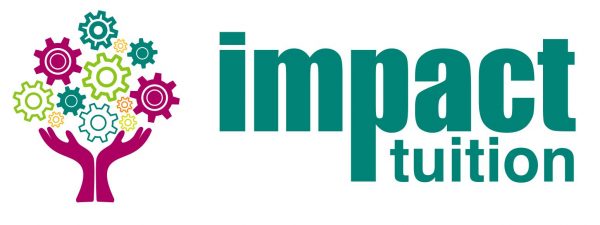Specialist Dyscalculia Teaching
Kelly has passed her PGCE in Dyscalculia at Edge Hill University with merit, and is now an accredited Specialist Dyscalculia Teacher. This means she is now qualified to provide specialist intervention for pupils with maths difficulties.
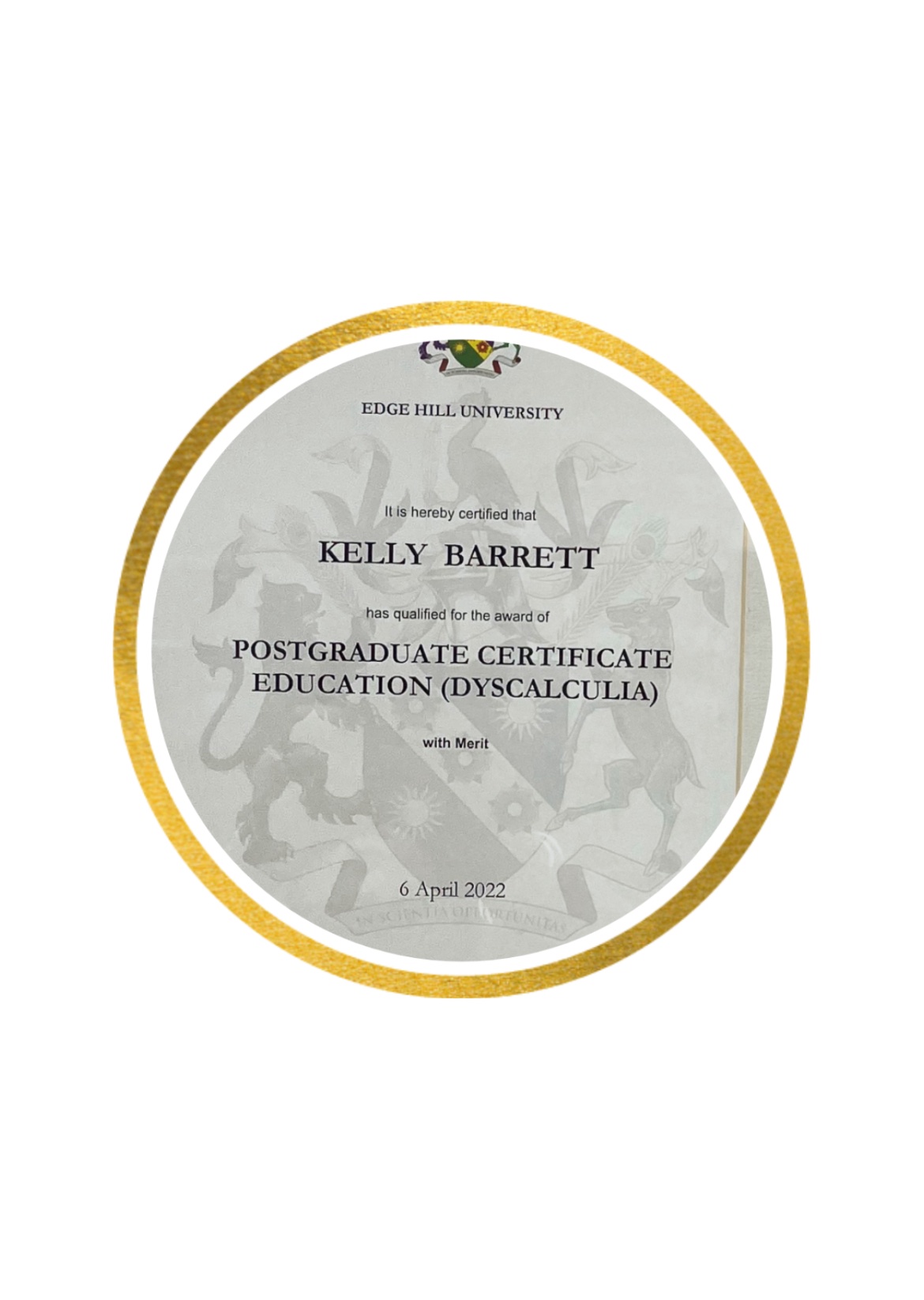
What is Dyscalculia?
Dyscalculia is a lesser-known learning difficulty that affects maths. It is a lifelong learning difficulty that goes beyond maths lessons. Adults with dyscalculia may struggle with managing finances, shopping, timekeeping, and even driving. Research shows that Dyscalculia can have an extremely negative effect on earnings.
Dyscalculia signs and symptoms in children:
- Lack of basic number sense
- Inability to see patterns in number (5+4=9 so 15+4=?)
- Difficulty with telling the time
- Poor recall of basic maths facts (including times tables)
- Anxiety relating to maths
- Difficulty with money
- Uses counting (possibly with fingers) to solve many calculations
- Poor estimation skills (tends to guess randomly)
- Struggles with number vocabulary
- Struggles to reason multi-step or worded problems in maths
- Finds maths homework very stressful
Maths anxiety
Maths anxiety can cause very similar symptoms so not all pupils showing signs from the above list will have dyscalculia. However, with appropriate teaching from a specialist dyscalculia teacher, pupils with maths anxiety and/or dyscalculia can improve and build their confidence. Many pupils with Dyscalculia can and do pass their Maths GCSE.
Multi-sensory learning
Multi-sensory learning is essential to help learners with maths difficulties. Games and tactile resources are very useful and take the stress out of learning. Well-known games such as dominoes, playing cards and Snakes and Ladders can help young children develop basic number sense as well as being an enjoyable family activity.
More information on Dyscalculia
Dyscalculia is now beginning to be more recognised and understood. The Dyscalculia Network is a UK-based organisation with lots of information and a great blog that includes lots of ideas for activities that parents can do to help their children with maths.
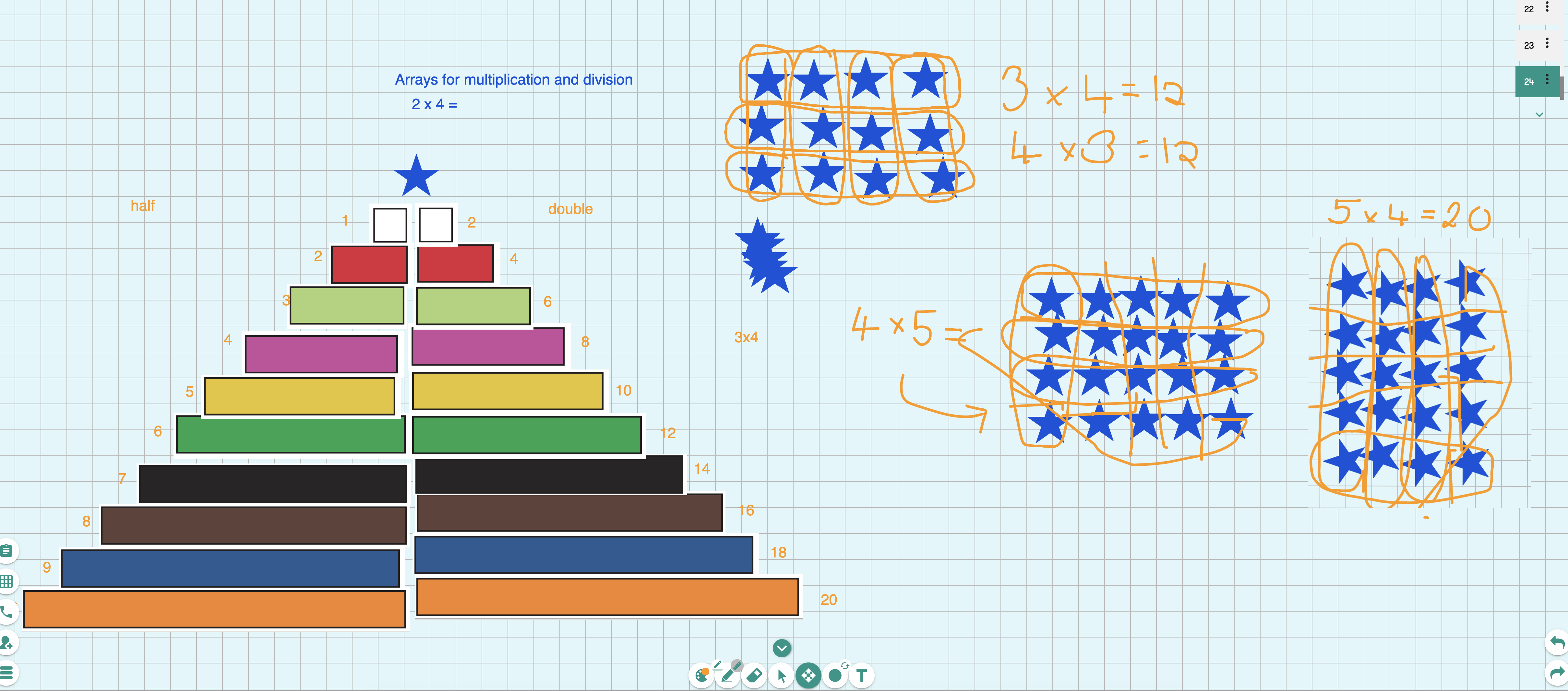
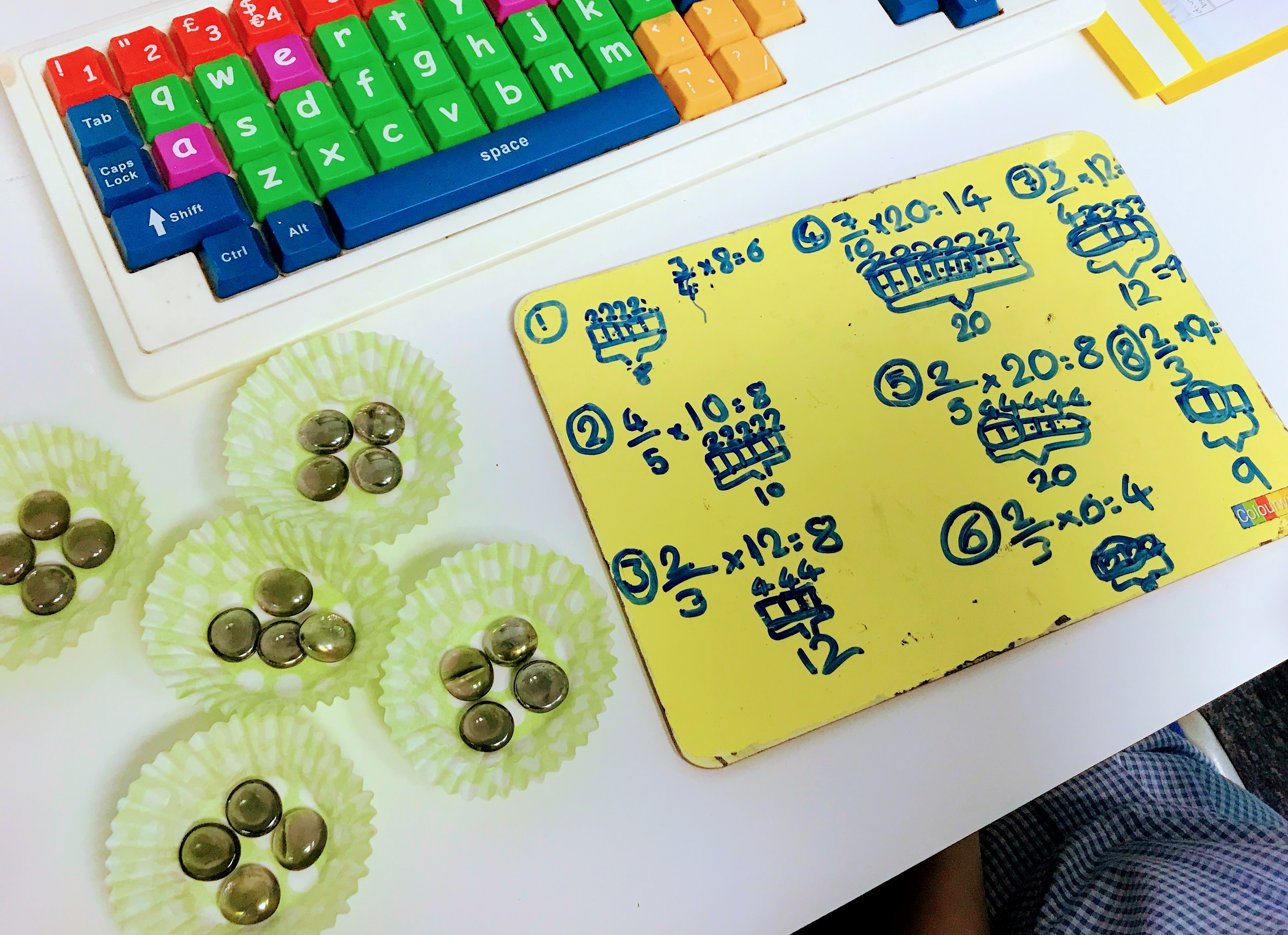
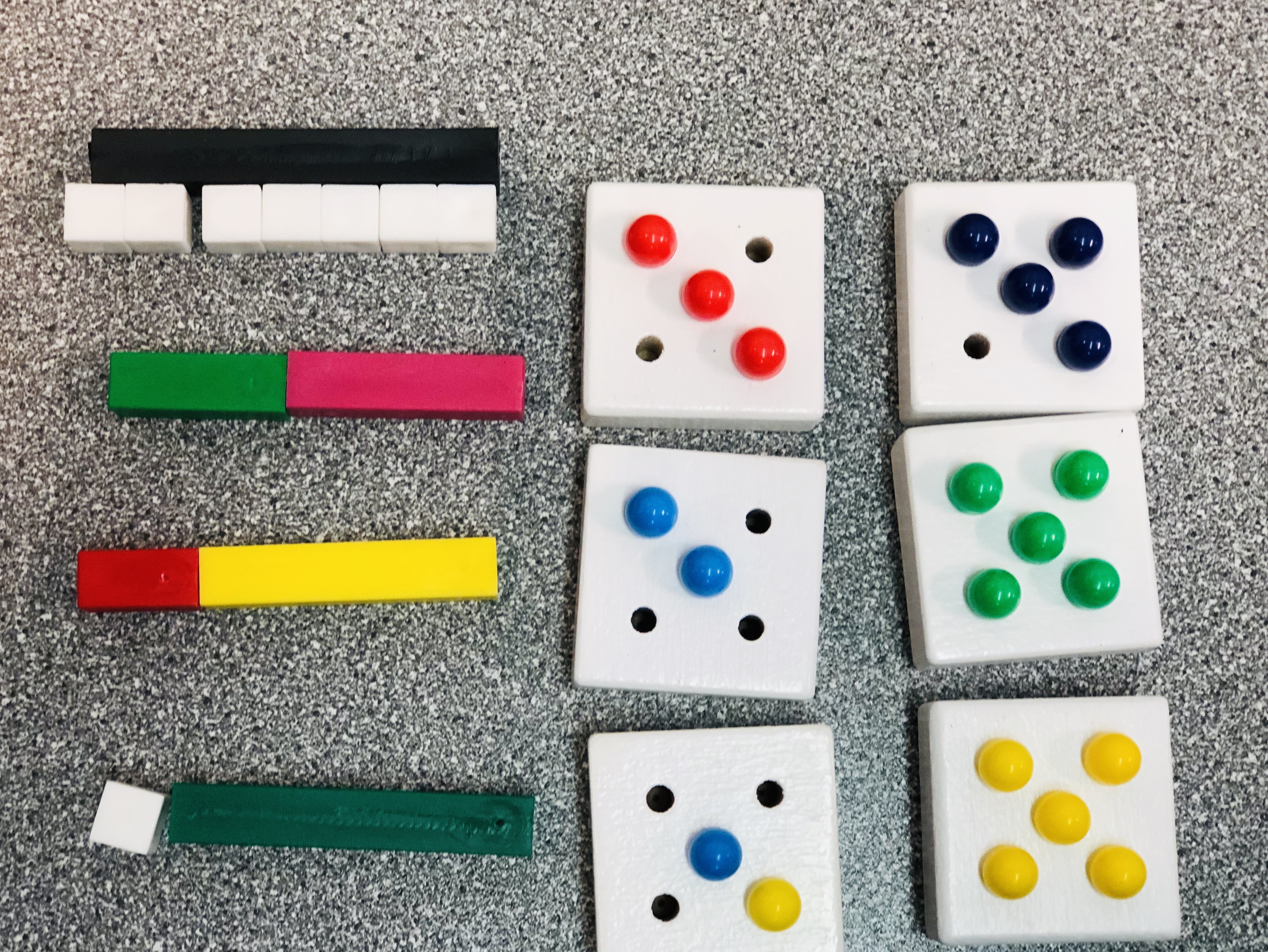
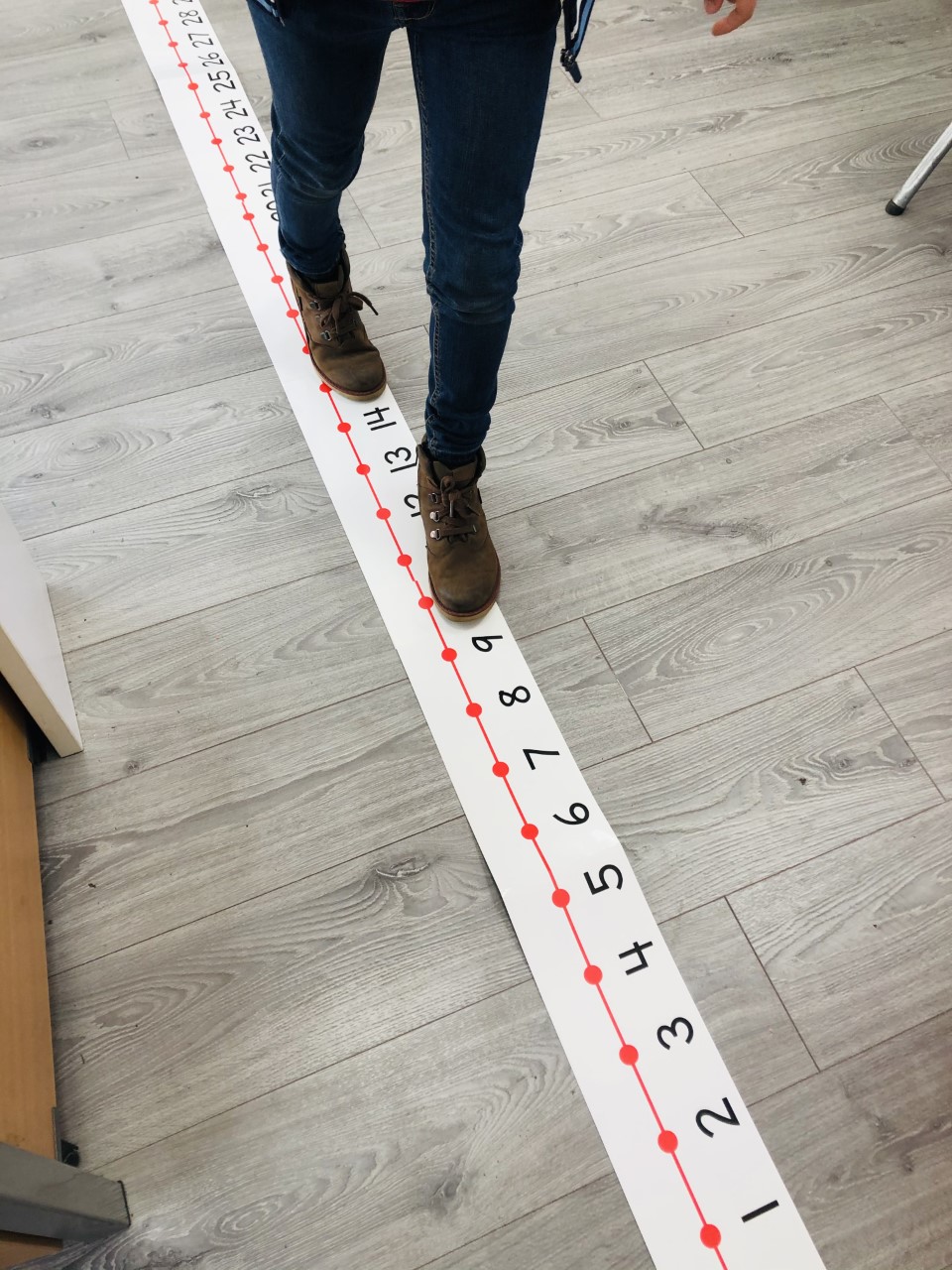
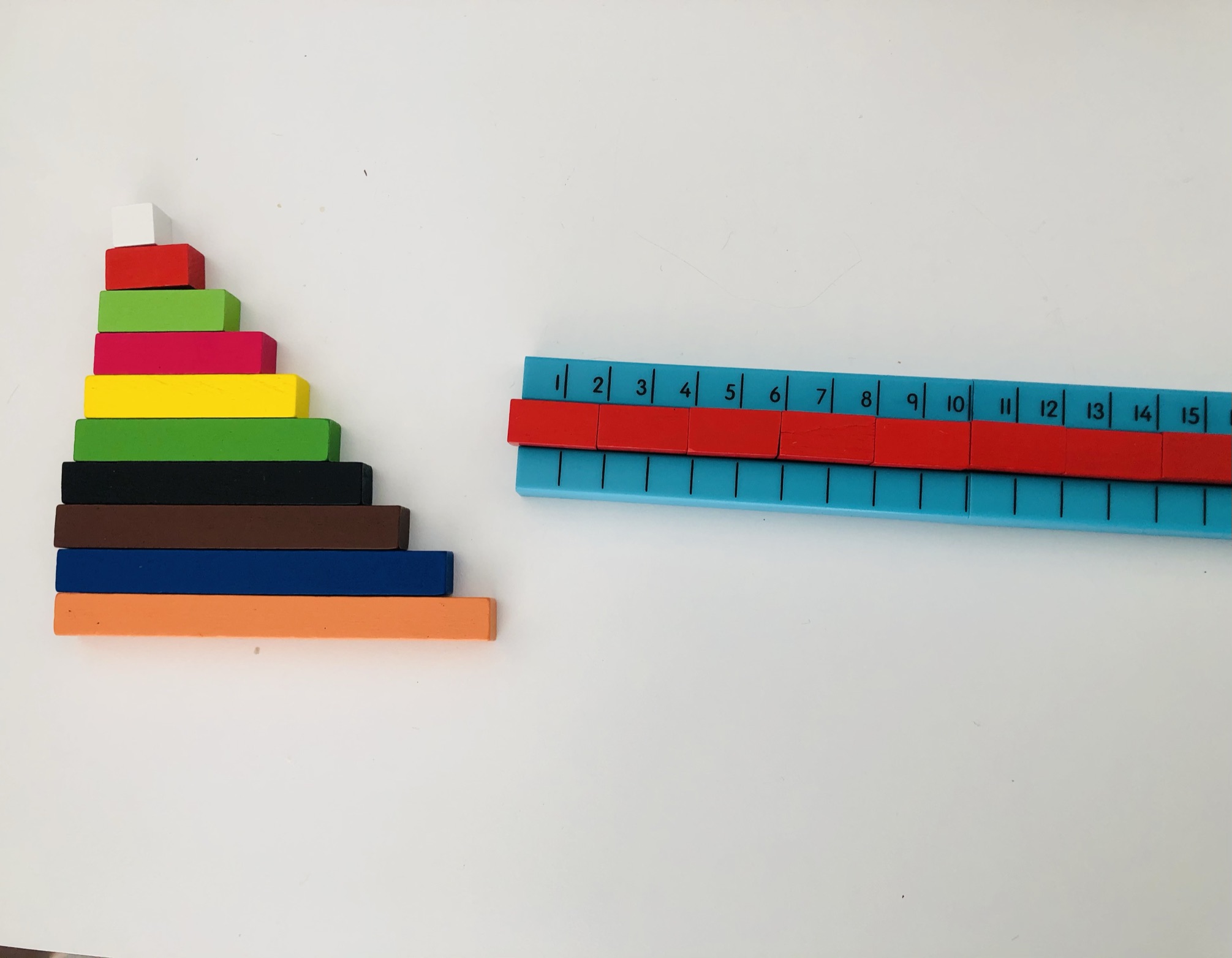
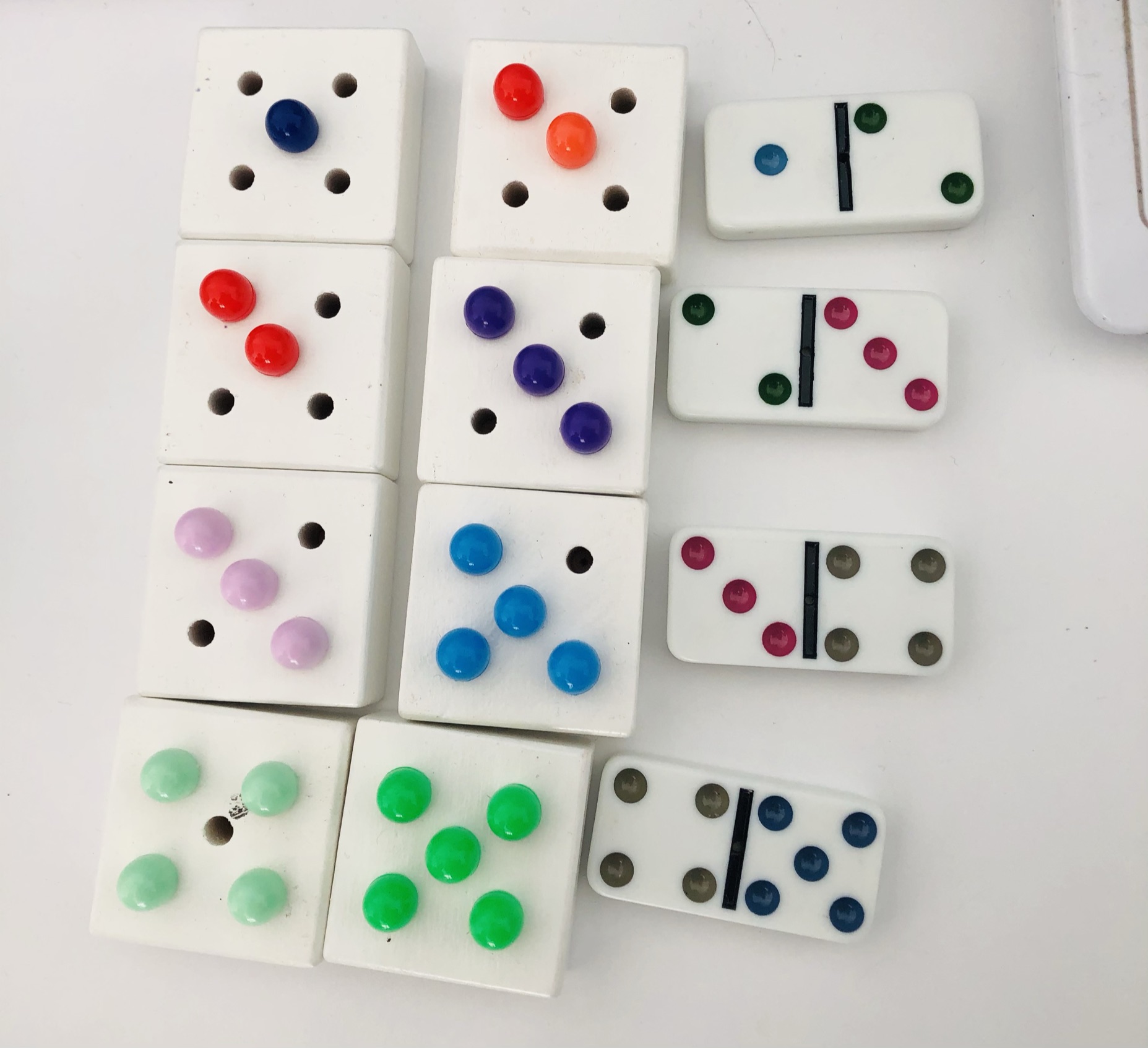
If your child struggles with maths and you are concerned, call us on 0161 747 1819 or email he***@im***********.uk, and Kelly will be happy to discuss how we may be able to help.
